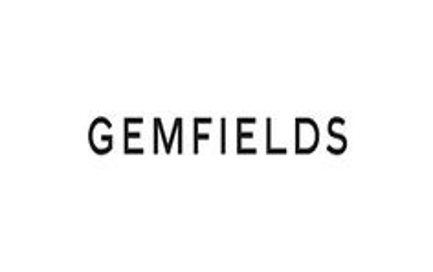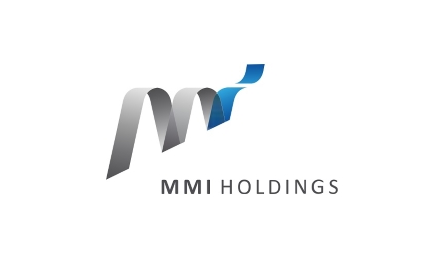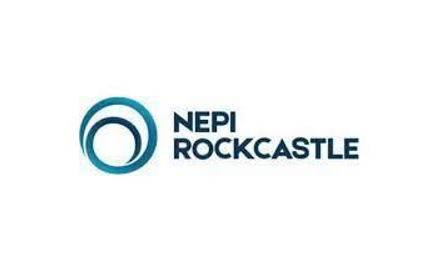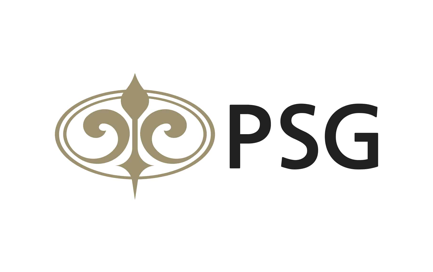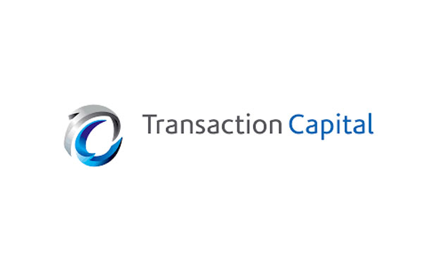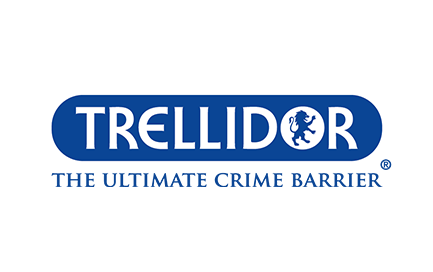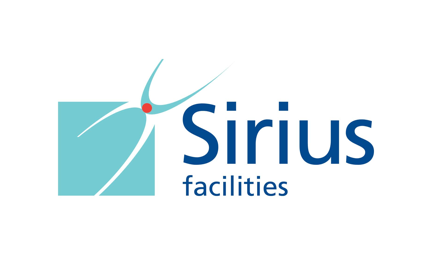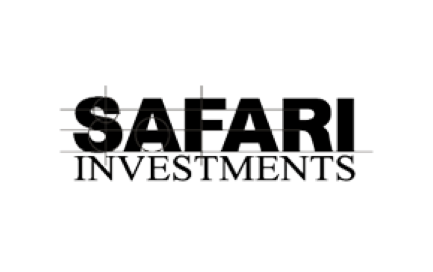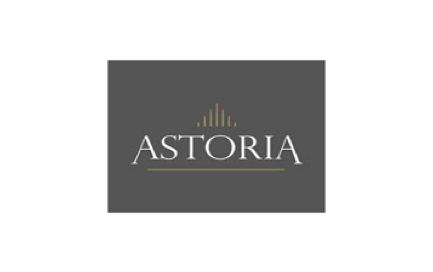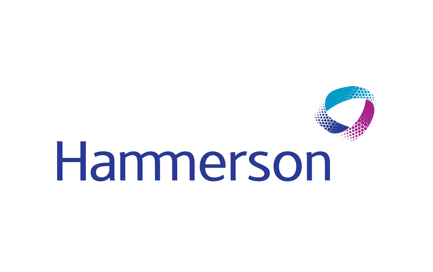Get the latest recap of JSE news in the Ghost Wrap podcast, brought to you by Mazars:
Gemfields is walking a risky path – but there’s no reward without risk (JSE: GML)
The group is investing heavily in expansion at a time when the market seems to have cooled
Trying to balance capital expenditure against the various stages in the cycle is nothing new for mining companies. They often end up in situations where the capex bill is highest when revenue is under pressure, requiring some bravery to see through the cycle.
Gemfields is experiencing this now, with revenue having decreased from $154 million to $128 million for the six months to June 2024 and EBITDA down from $73 million to just below $50 million. Goodness knows they are still profitable, except the cash situation tells a different story. Thanks to extensive investment in the underlying operations (capex of $34.6 million for the period) and a challenging working capital situation as well (inventory and trade receivables moved much higher), they are now sitting in a net debt position of $44 million vs. net cash of $62 million in the comparable period.
Inflationary pressures on costs were significant in this period, particularly in labour and fuel costs. Although expenses look lower year-on-year, it’s because of the expenses that were capitalised to intangible assets. If we just focus on the cash expenses rather than whether they landed on the income statement or the balance sheet, there’s clearly pressure there.
Particularly after the disappointing results of the recent auction (which happened after the end of this reporting period), there are some nerves around whether the market will stay strong enough to support the capital expenditure programme without Gemfields having to make some tough decisions. The share price is down 16% in the past 12 months, which tells you how the market feels about the risks.
Momentum’s earnings are much higher, but the dividend growth is modest (JSE: MTM)
IFRS 17 makes this a far more complicated result than usual
As I’ve mentioned a few times in Ghost Bites this year, IFRS 17 has had a significant impact on the insurance industry and the comparability of recent results to the prior year. This encourages me to look at simple metrics like growth in the dividend per share, although Momentum would probably prefer me to look elsewhere as the dividend is only 4% higher for the year ended June 2024. This is despite a 32% increase in normalised HEPS.
The company has a dividend policy of paying 33% to 50% of normalised HEPS as a dividend. With such a wide range, you can see these kind of dislocations between dividend growth and earnings growth. The payout ratio for this financial year was 40%, which is below the mid-point of the guided range. The good news is that a R500 million share buyback programme was completed this year, with shares repurchased at a 43% discount to the embedded value per share. It’s important to look at share buybacks alongside dividend decisions.
There are various highlights of course, like the claims ratio in Momentum Insure improving from 77% to 67%. Still, the overall story is one of new business profitability being below desired levels, so that’s an important thing to watch going forward. Value of new business margin deteriorated from 0.9% to 0.7%. This margin is a function of actuarial assumptions and the pricing achieved on new business being written.
Other interesting nuggets include fair value losses in venture capital funds, as well as a nasty increase in the operating loss in India from R223 million to R275 million. I think India is an exciting market, but this shows the risks and difficulties. There are new regulations coming in for pricing lags on products like health insurance. This should improve the story in India.
NEPI Rockcastle makes another major acquisition in Poland (JSE: NRP)
This is the largest single asset shopping centre deal in the region since 2022
NEPI Rockcastle continues its conquest of high growth markets around Europe, with a deal to acquire Magnolia Park in Wroclaw (the third largest city in Poland by population) for €373 million. That’s a substantial transaction.
Wroclaw has a growing population and average spending power per citizen that is well ahead of the national average in Poland. I haven’t travelled to Poland yet myself, but I’ve seen the value of these modern centres in high growth areas in Europe. Even without getting your passport stamped, you can see the value of this strategy in NEPI Rockcastle’s recent results.
NEPI Rockcastle will fund the transaction from its existing cash resources and debt facilities. There are no conditions to the deal other than payment, so it is expected to close on 1 October.
With expected net operating income at the property of €26.9 million after some savings from integration with NEPI Rockcastle, the purchase yield is 7.2%. For reference, the Poland 10-year government bond is currently trading at 5.28%, so that sounds decent to me.
PSG Financial Services’ model shines once more (JSE: KST)
A strong distribution business seems to be the way to win in this sector
PSG Financial Services isn’t just focused on managing money. No, they also happen to be very good at going out there and finding the money to manage thanks to an army of advisors. This is the right strategy, as sitting back and hoping for advisors to bring you assets feels less lucrative to me based on the recent performance of both types of strategies.
For the six months to August, PSG Financial Services expects HEPS to be up by between 27% and 30%. They also expect recurring HEPS to be between 25% and 28% higher. Either way, that’s excellent.
Detailed results are expected to be released on 17 October.
Transaction Capital will focus on Nutun going forward (JSE: TCP)
It’s still incredible to think how exciting the SA Taxi story used to be
Before Transaction Capital made that great acquisition of WeBuyCars, everyone talked about how great SA Taxi was. Nutun (or Transaction Capital Risk Services as it was then known) didn’t get tons of attention. Today, WeBuyCars is separately listed, Nutun is the future of Transaction Capital and SA Taxi (now called Mobalyz) will no longer be controlled by the group.
Instead, Transaction Capital will hang onto a non-controlling stake in Mobalyz. They will sell 64.5% in the Mobalyz holding company to a combination of Mobalyz management and the Oberholster Family Trust, with a substantial portion being warehoused for the time being while a suitable third party shareholder is identified. This takes the Transaction Capital portion down to 35.5% in Mobalyz Holdings and thus 26.6% on a look-through basis into Mobalyz, as SANTACO will still hold 25% in Mobalyz.
In other words, the direct shareholding into SA Taxi is no different. It’s still a combination of Mabalyz Holdings and SANTACO. The action is happening further up.
There’s still one more round of financial pain coming, as Transaction Capital needs to make a final financial commitment to SA Taxi as part of this. No amount has been given yet, but they will need to fund it with debt. This is the definition of throwing good money after bad, but they need to do something to bring the nightmare to a close.
As part of the overall deal, there’s also a piece dealing with the disposal of Road Cover to SA Taxi for R160 million. The amount will be left on loan account and will be interest free. This is a business focused on membership-based services for Road Accident Fund claims. It therefore makes sense that it belongs in the Mobalyz stable rather than what is left of Transaction Capital.
Speaking of which, the only thing left (apart from a minority stake in Mobalyz when all is said and done) is Nutun. The business is raising R1 billion in funding, of which R700 million has been secured. It’s a really good business that has been made better by recent disposals of certain divisions. Nutun has two primary business lines: debt collection (on a primary and agency basis) and business process outsourcing.
As Nutun is firmly the focus going forward, Transaction Capital intends to change its name to Nutun Limited. There will also be major changes to the board, with the Transaction Capital founders moving back to non-executive board positions after being dragged out of retirement to help fix the mess. There are various other changes as well, including the current CFO of Nutun (Rob Huddy) being appointed as CFO of the group.
The share price closed 3.9% higher on the news.
Trellidor’s numbers are much better, but still no dividend (JSE: TRL)
The focus is on reducing debt
The good news at Trellidor is that HEPS has jumped from 4.2 cents in the prior period to 36.1 cents in the year ended June. For reference, 2021 was the last good year before things went terribly wrong, with HEPS of 40.8 cents in that period. Although they’ve gotten a lot closer to those levels than before, they are still running well behind them and the past couple of years created quite the hole in the balance sheet.
This hole is why shareholders still aren’t getting a dividend. Net debt has been reduced from R146.7 million to R115.7 million, but that’s still far too high for a group making consolidated EBITDA of R84 million. Trellidor operates in a tough market and the scars of 2023 (operating profit of R22 million that only just covered finance costs of R18.2 million) are still fresh for management.
Hopefully they can keep hammering that debt lower, with net cash from operations of R51.1 million having worked wonders in the 2024 financial year. Another year like that and the balance sheet will look a lot better. After breaching covenants in 2023 and getting a lifeline from lenders, Trellidor has now met its covenants.
Looking deeper, it was Trellidor itself that did well, oddly enough thanks to the UK market! I bet you weren’t expecting that. Demand in South Africa was actually rather weak, perhaps because more people are living in security complexes and thus feel that they don’t need an unattractive security gate? Whatever the reason, this segment grew revenue by 22.6% to R329.6 million and saw operating profit jump from R15.9 million to R57.8 million.
In Taylor, which is focused on much prettier upmarket products, revenue fell by 5% to R133.2 million and operating profit was just R2.5 million. That’s the kind of profit margin that a poultry business would be familiar with!
NMC is the smallest segment, with revenue down 11.1% to R29.7 million and operating profit down from R3.3 million to R0.9 million. Again, really marginal stuff.
The group definitely made progress in the last 12 months, but the modest Price/Earnings multiple of 5.8x is probably deserved based on how easily some of those profits could swing into losses. Still, if you fancy a speculative play, this could be an interesting one over the next year. Generating cash from operations of R51 million on a market cap of R200 million is interesting.
Nibbles:
- Director dealings:
- The CEO of Sirius Real Estate (JSE: SRE) sold a large chunk of shares worth over R85 million.
- A director of a subsidiary of Growthpoint (JSE: GRT) sold shares worth R1.2 million.
- A non-executive director of Discovery (JSE: DSY) sold shares worth R433k.
- A director of Safari Investments (JSE: SAR) bought shares worth R30k.
- Rex Trueform (JSE: RTO) had a period to forget, with HEPS for the year ended June down by 90.6%. This was driven by a 1% decrease in revenue, a deterioration in gross profit margin from 49.9% to 46.2% and a substantial jump in operating expenses to add insult to injury. Parent company African & Overseas Enterprises (JSE: AOO) saw HEPS decline by 85.4%. There’s just about no liquidity in either stock anyway.
- Goldrush (JSE: GRSP) didn’t take long to place its Astoria (JSE: ARA) shares in the market, with strong applications from shareholders who were happy to take Astoria shares in exchange for their Goldrush preference shares at an appealing price. This removes the legacy cross-holding between the companies once and for all. The placement was oversubscribed, with applicants receiving a pro-rate allocation of 19.7% of the Astoria shares applied for.
- As is common for large funds with various types of debt in the market, Hammerson (JSE: HMN) has launched a tender offer in respect of three types of bonds. Simply, this means that the company is looking to reduce debt and is inviting holders of the debt to sell it back to the company. The focus is on 2026 and 2028 bonds, with some capacity for 2025 bonds as well if they meet the full intended amount on the longer-dated bonds. They are doing some work to reshape the balance sheet as well, with a separate announcement noting that a new Sterling-denominated issuance of bonds is being considered. Although retail investors can’t invest in any of this stuff, it’s good to keep an eye on what companies are doing with their balance sheets.



